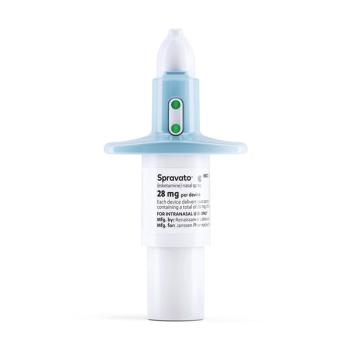
Taken with an oral antidepressant, esketamine is now approved to treat symptoms of MDD in patients with acute suicidal ideation or behaviors.

Taken with an oral antidepressant, esketamine is now approved to treat symptoms of MDD in patients with acute suicidal ideation or behaviors.
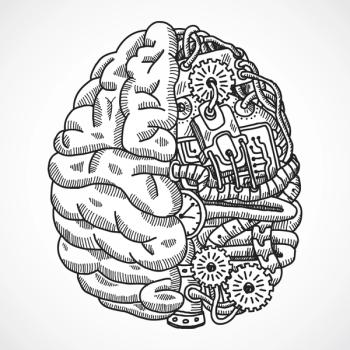
Clinicians should keep in mind the risk-to-benefit ratio considerations before initiating polypharmacy, especially if they have patients with prescriptions inherited from several sources. Here: A summary of recommendations about the use of polypharmacy in psychotic disorders.

When is an adverse drug reaction actually a drug interaction? And vice versa? More in this video.
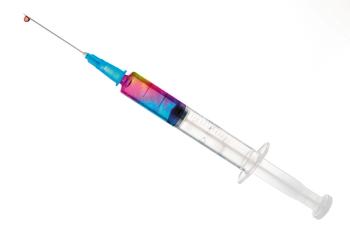
This innovative program at Massachusetts General Hospital addresses postoperative pain while preventing relapse in patients a history of opioid use disorder.

What are the benefits of using LAI antipsychotics? What are the major obstacles to adherence? Those questions and more in this podcast.

After receiving complaints, the FDA’s Office of Prescription Drug Promotion rebukes the pharmaceutical company for misleading advertising.
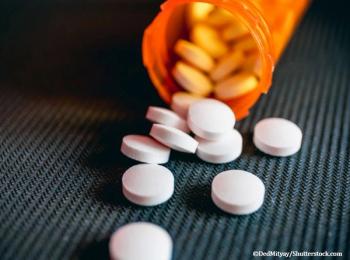
Psychotic violence is associated with primary psychotic disorders such as schizophrenia, schizoaffective disorder, and bipolar disorder. While it may be that psychotic violence is the least common type of violence in inpatient environments, it is also the most treatable.
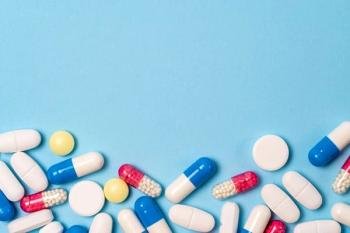
Drug companies are investing more to study psychiatric disorders, and there may be novel treatments in the near future.
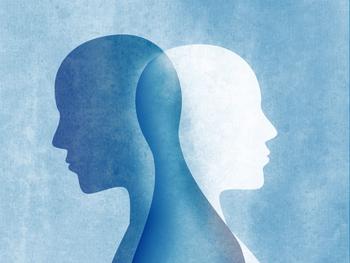
Do you need help persuading patients to try lithium?

Although multiple interventions exist for major depressive disorder (MDD), only partial response is achieved in many patients and recurrence is common. Combining medication and psychotherapy may enable more effective treatment of MDD.

The mixed bag of emotions described here should be familiar to any clinician, especially to a psychiatrist.

Three studies highlight how important it is that when physicians prescribe opioids there can be significant and even potentially fatal consequences for the family members of those for whom they are being prescribed.
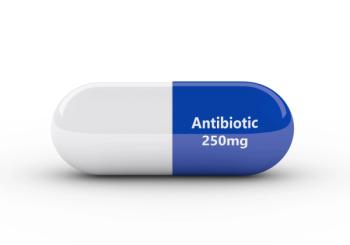
Nearly all antibiotic agents have been associated with CNS effects. Although uncommon, these events can be severe.
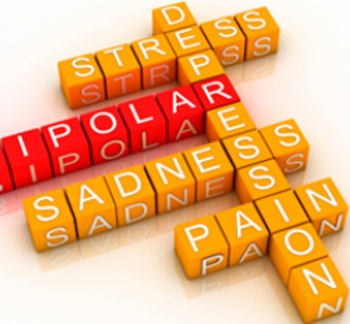
The good, the bad, and the efficacy of lamotrigine.

Practicing clinical medicine is challenging and stressful enough without the additional burden of being handcuffed by ever-changing medication formularies.
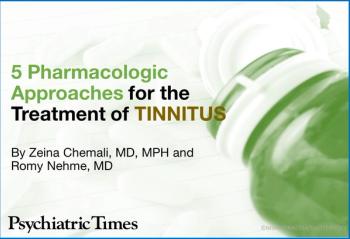
Tinnitus affects 50 million people in the US and can require urgent medical assistance. It can also cause considerable anxiety and even hallucinations. Reducing symptom intensity is key.

Which treatments have proven to be efficacious in meta-analyses as augmentation of clozapine in reducing positive symptoms of schizophrenia? The answer might surprise you.

From drug company mergers to government watchdogs, important trends are emerging.

Most drugs, after journeying through the various metabolic systems throughout the body, find their exit.
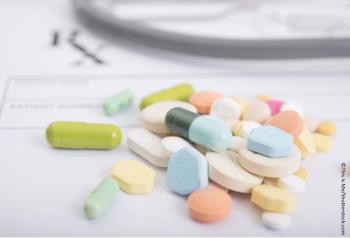
Polypharmacy has been met with challenges because many practicing clinical guidelines and treatment algorithms prefer a monotherapy approach.
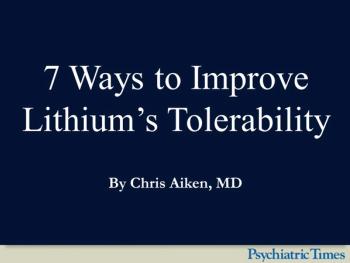
Lithium’s most serious risk is renal insufficiency, and there are at least 3 ways to protect against this adverse effect. This and other tips to ensure safety.

As a neuropsychiatric and general medical syndrome, catatonia represents an important diagnostic and treatment challenge for all clinicians given its morbidity and mortality.
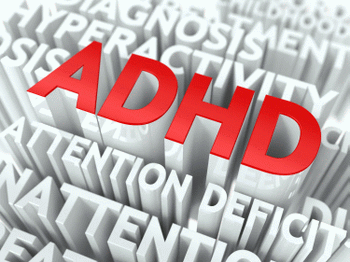
New research highlights the potential benefits and detriments of treatment strategies for ADHD, including both pharmacological and nonpharmacological options.

Pharmacogenetic testing can provide helpful guidance in the choice of treatment and should be interpreted as a decision-support tool to assist in thoughtful implementation of good clinical care.

These thumbnail sketches of the articles in this Special Report produce an impressionistic sketch of the meaning of the word complicated in psychiatric practice.